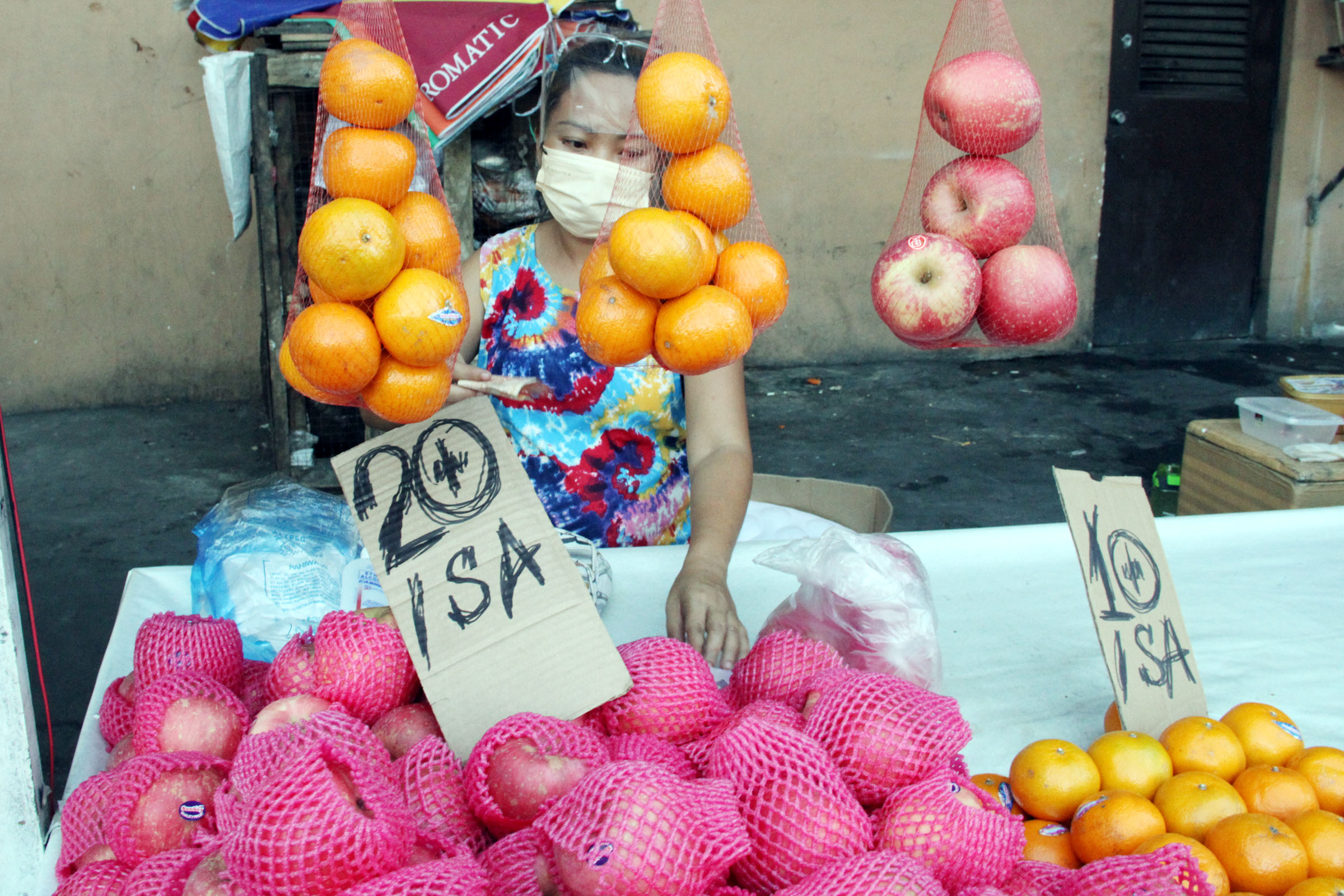The inflation rate in the Philippines remained steady at 2.9% in January 2025.
The Philippines' inflation rate for January 2025 remained steady at 2.9%, the same as December 2024, staying within the government's target of 2% to 4%. The stable rate was due to increases in food, alcohol, tobacco, and transport costs, which were balanced by slower inflation in housing, clothing, and other sectors. Food inflation rose to 4%, primarily driven by significant price hikes in vegetables, fish, and meat. Despite this, the National Economic and Development Authority (NEDA) emphasized the government's ongoing efforts to stabilize food prices and improve agricultural systems.

Philippine Inflation Rate Remains Steady at 2.9% in January 2025
MANILA, Philippines — The country's inflation rate remained at 2.9% in January 2025, unchanged from December 2024, as reported by the Philippine Statistics Authority (PSA) on Wednesday. The slight uptick in food and transport prices contributed to the steady pace of consumer price growth.
Despite being marginally higher than January 2024’s 2.8% inflation rate, the figure still aligns with the Bangko Sentral ng Pilipinas’ (BSP) target range of 2.0% to 4.0%. It also fell within the BSP’s estimated 2.5% to 3.3% range for the month, though it slightly exceeded the 2.8% median forecast of economists surveyed by The Manila Times.
The PSA highlighted that food and non-alcoholic beverages played a major role in inflation, recording a 3.8% rate in January 2025. This sector contributed 50.3% to the overall inflation rate, equivalent to 1.5 percentage points. Other key contributors included utility and fuel prices (16.5% share or 0.5 percentage points) and restaurant and accommodation services (10.8% share or 0.3 percentage points).
Food inflation alone rose to 4.0% in January from 3.5% in December, mainly due to higher prices of vegetables, tubers, plantains, cooking bananas, and pulses, which saw a 21.1% increase compared to 14.2% in the previous month. Prices of fish and seafood also increased to 3.3% from 1%, while meat prices rose to 6.4% from 4.9%. Oils and fats saw a higher annual growth rate of 2.2% from 0.9%.
Meanwhile, core inflation, which excludes volatile food and energy prices, eased to 2.6% in January from 2.8% in December and 3.8% a year earlier.
The inflation report indicates that while price growth remains stable, food prices continue to exert upward pressure, highlighting the need for ongoing policy measures to stabilize supply chains and food production. Economic experts suggest that government initiatives aimed at reducing transportation costs and increasing agricultural productivity will be crucial in ensuring inflation remains within the BSP’s target range for the year.
Sources:
-
Philippine Statistics Authority (PSA)
-
Bangko Sentral ng Pilipinas (BSP)
-
The Manila Times
What's Your Reaction?












/https://tf-cmsv2-smithsonianmag-media.s3.amazonaws.com/filer_public/54/66/546650fa-26a4-40fd-8d6d-5a7a04540f81/rosetta2.png)
:max_bytes(150000):strip_icc():focal(999x0:1001x2)/robert-prevost-050825-1-39395418ab494da5a3a700c9478e66c8.jpg)















































format(webp))
format(webp))
























